The printed version of this eBook is the Why Truth Matters pamphlet, ISBN-13: 9781596363564
Author: Robert M. Bowman, Jr., Director of the Institute for Religious Research (IRR), MA in Biblical Studies and Theology
All Scripture quotations, unless otherwise indicated, are taken from the Holy Bible, New International Version. NIV . Copyright 1973, 1978, 1984 by International Bible Society. Used by permission of Zondervan. All rights reserved.
It is illegal to photocopy, transmit electronically, post on the internet, or reproduce this pamphlet in whole or in part in any form.
2010 Bristol Works, Inc.
Rose Publishing, LLC
PO Box 3473
Peabody, Massachusetts 01961-3473 U.S.A.
Email: info@hendricksonrose.com
www.hendricksonrose.com
All rights reserved.
Why Truth Matters
This handy eBook:
- Answers the question: what is truth, and how can we know? Learn how to recognize the counterfeit gospels through the light of God's truth.
- Reveals 10 key Christian beliefs that cult leaders or aberrant teachers often ignore or twist. You will learn each of these 10 beliefs and be able to spot truth vs. counterfeit teachings.
- Tackles 10 common doctrinal errors, including False Gospels, False Doctrine, False Gods, False Christs, False Spirits, False Prophets, False Apostles, False Teachers, False Visions, and False Miracles.
Why Truth Matters
The apostle John once lamented that many false prophets have gone out into the world (1 John 4:1). False religions and erroneous beliefs have proliferated in the past two centuries and are more popular than ever. It seems that every year a new destructive cult or bizarre sect makes headlines. A myriad of religious groups, some on the fringes and some in the mainstream of society, offer a bewildering variety of beliefs about God and human destiny. The authors of bestselling books appear on television confidently proclaiming that they have the answers for solving humanitys problems.
Whats more, most of these religious teachers and groups claim that their beliefs are either true Christianity or at least consistent with the Christian faith. They talk about God, Jesus, faith, and love; they usually quote the Bible.
How can we know what is true and what is not? How can we determine if someones teaching or claim is consistent with faith in Jesus Christ? It is not possible for anyone to be conversant with every individual religious sect, book, or teacher. However, it is possible to know the truth that is essential or basic to a healthy, authentic Christian faith and to be able to discern when someones teachings are not consistent with that faith.
Moreover, the Bible gives us specific warnings about false teachings and the teachers who promote them. In the pages that follow, we will look at ten types of false claims and what the Bible says about them. With some biblical perspective on these issues, we can be prepared to discern in most instances whether a particular claim or teaching is consistent with the truth of the Christian faith. In each case, we will see why it is important to know the truth and avoid falsehood. We will see why truth matters .

1. False Gospels
The apostle Paul wrote to the churches he had founded in Galatia: I am astonished that you are so quickly deserting the one who called you by the grace of Christ and are turning to a different gospelwhich is really no gospel at all. Evidently some people are throwing you into confusion and are trying to pervert the gospel of Christ. But even if we or an angel from heaven should preach a gospel other than the one we preached to you, let him be eternally condemned! (Gal. 1:6-8).
THE TRUE GOSPEL: The message that Jesus Christ died for our sins and rose from the grave, conquering death for us (1 Cor. 15:1-4), bringing us forgiveness, a relationship with God the Father, and the promise of eternal life (Acts 26:18; Rom. 6:23; Col. 1:12-14). The basis of this relationship with God is graceGods undeserved kindness and favornot our works (Eph. 2:8-10; 2 Tim. 1:9; Titus 3:4-7).
FALSE GOSPELS: Any so-called gospel that presents a different message than the message that Christ himself gave through Paul and the other apostles is a false gospelit is really no gospel at all (Gal. 1:6; see 2 Cor. 11:4). False gospels typically take one of three forms:
- S ALVATION BY WORKS ( LEGALISM ): Many religions, such as Islam , teach that we must earn eternal life by our good works. More subtly, some religions, such as Jehovahs Witnesses , teach that we must be saved by faith in Christ plus works. They maintain that Christs death gives us a kind of second chance to prove ourselves worthy of eternal life.
- S ALVATION THAT DOES NO WORKS ( ANTINOMIANISM ): Some people misunderstand salvation by grace to mean that God does not expect his people to do good works. Regrettably, some Christians who have a superficial understanding of salvation fall into this error. They presume that if they mentally accept the facts of the gospel then they are saved and free to go on living the same way. This is just as much a false doctrine as legalism. True saving faith includes an attitude of trust and reliance on God and a desire to please God (Heb. 11:1-6). It results in a life of love and good works (Gal. 5:6; Eph. 2:10; James 2:14-26).
- S ALVATION FOR EVERYONE ( UNIVERSALISM ): The claim that God will save everyone flatly contradicts the Bibles many warnings about eternal punishment (Matt. 25:41, 46; Rev. 20:10-15). Mormonism teaches a form of near-universalism in which everyone except for a very small number of sons of perdition will live in one of three heavenly kingdoms.
The biblical gospel is not faith plus works (legalism) or faith minus works (antinomianism) or faith optional (universalism); it is faith that worksfaith that results in good works as the evidence (not the basis) of salvation.
If works and love do not blossom forth, it is not genuine faith, the gospel has not yet gained a foothold, and Christ is not yet rightly known. Martin Luther (1522)
2. False Doctrines
If anyone teaches false doctrines and does not agree to the sound instruction of our Lord Jesus Christ and to godly teaching, he is conceited and understands nothing (1 Tim. 6:3-4a).
TRUE DOCTRINE: We learn true doctrine from the Bible. All Scripture is God-breathed and is useful for teaching (2 Tim. 3:16). The core of Christian doctrine is what Jesus taught to and through his apostles, the truth that sets us free (John 8:31-32; Acts 2:42). Although God does not expect us, in our mortal lifetime, to attain perfect understanding of that truth, he does expect us to learn and understand sound doctrinethat is, a healthy, practical knowledge of essential Christian truth (1 Tim. 4:6; 6:3; Titus 1:9; 2:1).
Next page
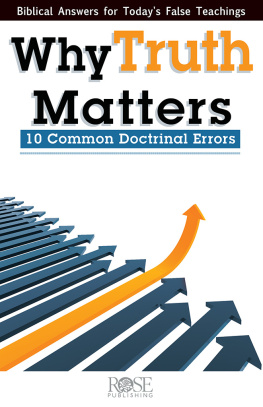

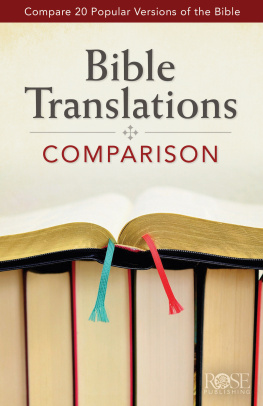
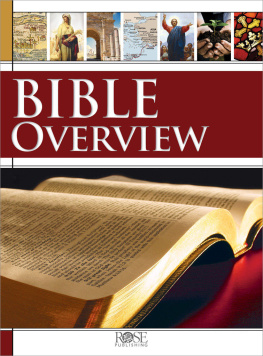
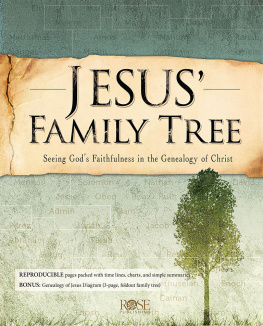
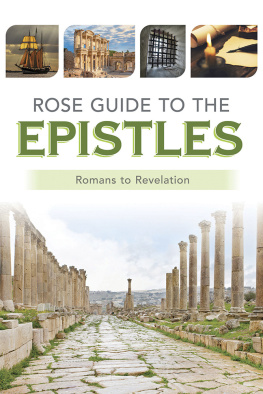
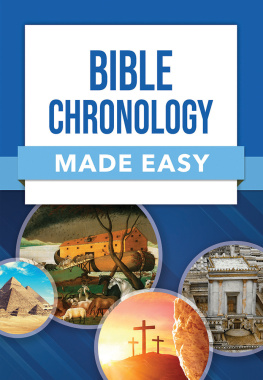


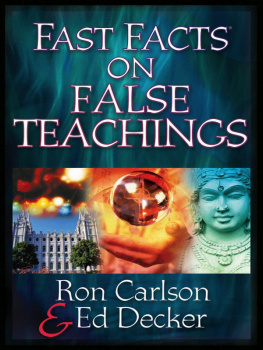


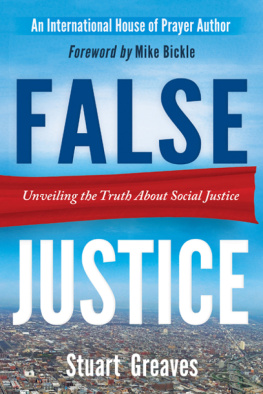
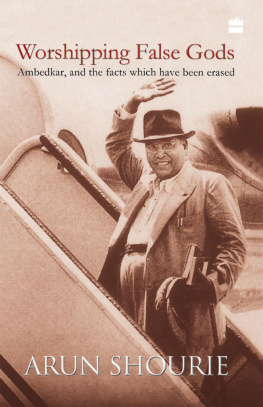


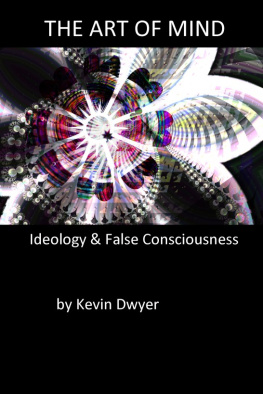
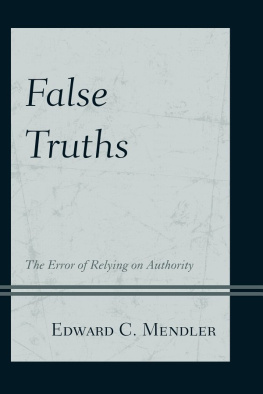
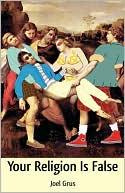

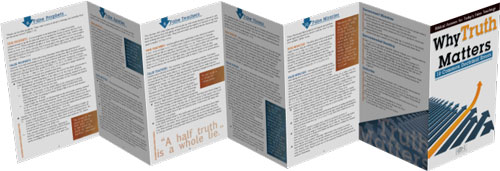

 1. False Gospels
1. False Gospels